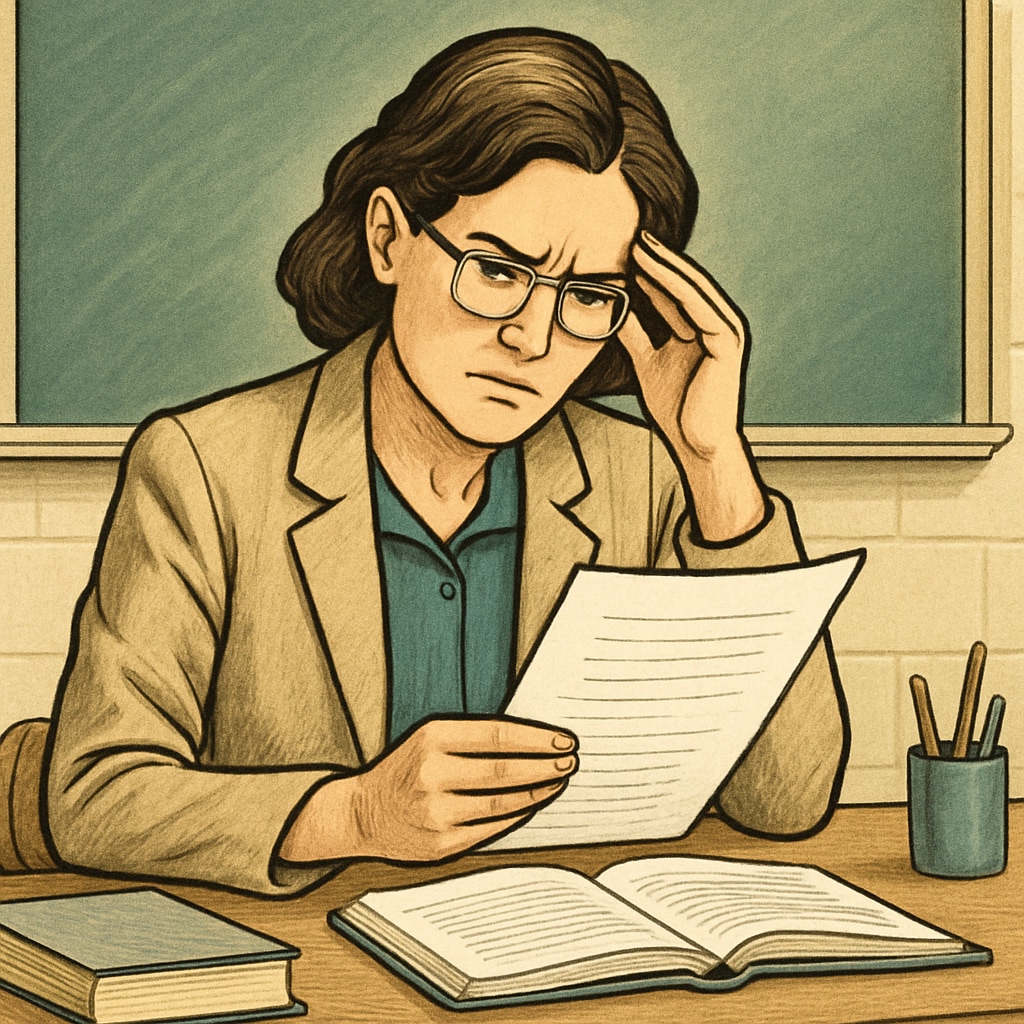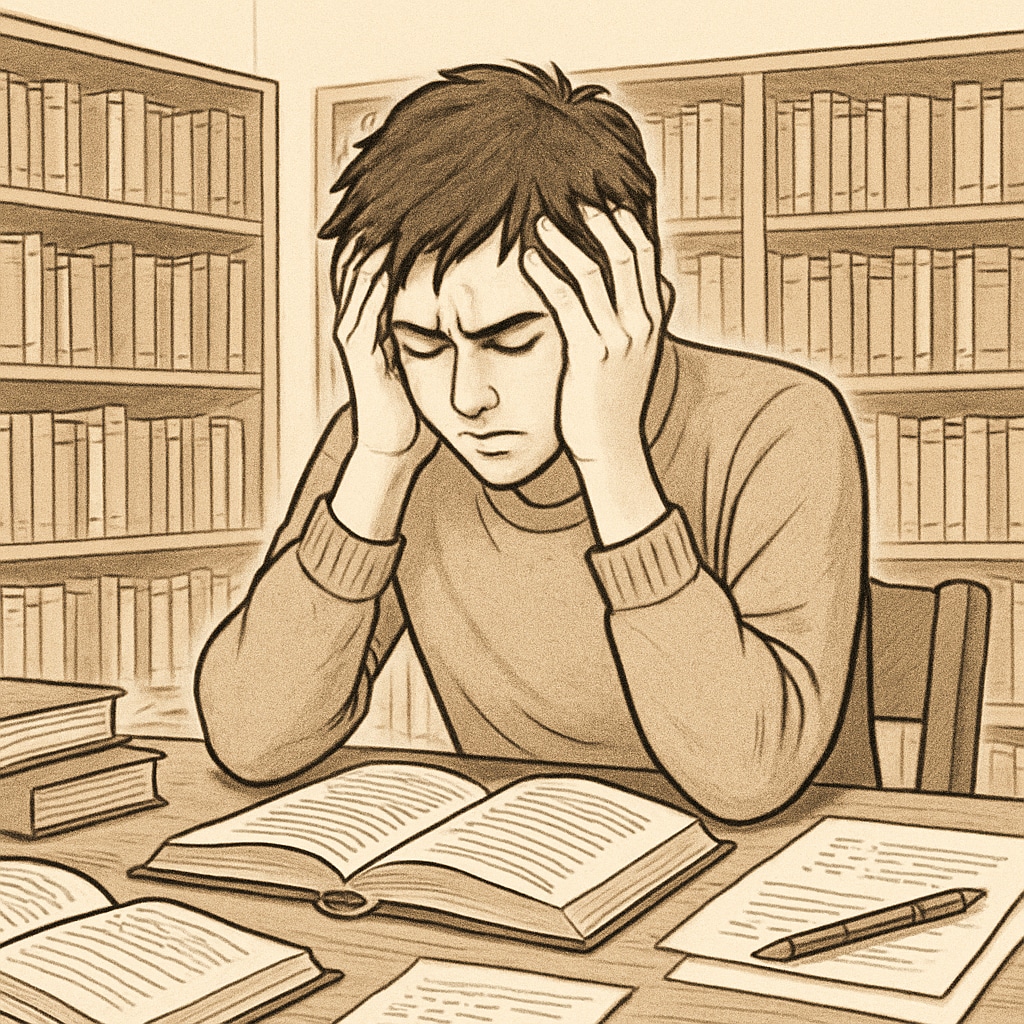Accusations of plagiarism, especially false ones, can have a profound impact on students. When professors misuse their authority to make unsubstantiated plagiarism claims, the consequences can be severe. Such actions not only harm students’ academic development but also take a toll on their mental health. While maintaining academic integrity is essential, false plagiarism accusations undermine trust, discourage intellectual risk-taking, and hinder the learning process.
In this article, we will explore the negative effects of false plagiarism accusations, examine their implications on students’ growth and mental well-being, and discuss the importance of implementing fair and transparent academic evaluation systems.
The Impact of False Plagiarism Accusations on Academic Growth
Academic integrity is the cornerstone of education, but false plagiarism accusations can distort its purpose. When students are wrongly accused of copying work, their confidence in their abilities is shaken. They may hesitate to express original ideas or take creative risks in the future due to fear of being misunderstood or penalized.
For example, a student who is deeply invested in a research project may face an unsubstantiated plagiarism claim simply because their argument closely aligns with existing literature. Such accusations can discourage students from pursuing advanced studies or engaging in academic discourse, defeating the purpose of education as a tool for exploration and innovation.

Psychological Toll of Unfounded Plagiarism Claims
False plagiarism accusations also have a significant psychological impact on students. Being accused of academic dishonesty is a serious allegation that can lead to feelings of embarrassment, anxiety, and even depression. Students may begin to question their integrity and self-worth, especially if they are unable to defend themselves adequately.
Moreover, the stress associated with such accusations can create a hostile learning environment. Instead of focusing on improving their skills, students may expend their energy on proving their innocence, further detracting from their educational experience. A 2022 study published in Britannica’s education research underscores the importance of a supportive academic environment for fostering student success.
The long-term impacts can be equally damaging. Students who experience such accusations may carry the stigma into their professional lives, affecting their career trajectory and self-esteem.

The Need for Transparent Academic Evaluation
To address the issue of false plagiarism accusations, academic institutions must establish transparent and fair evaluation mechanisms. This involves providing clear guidelines on what constitutes plagiarism, offering students opportunities to explain their work, and incorporating objective tools to detect potential issues.
Here are some strategies that can help mitigate the risk of wrongful accusations:
- Implementing plagiarism detection software with moderation by experts to avoid false positives.
- Training professors to distinguish between intentional plagiarism and coincidental similarities.
- Encouraging open communication between students and faculty to foster mutual understanding.
- Creating an appeals process for students to contest accusations with evidence.
According to Wikipedia’s article on plagiarism, proactive measures like these not only promote fairness but also reinforce the values of academic integrity.
Conclusion: Striving for Academic Justice
False plagiarism accusations by professors can have far-reaching consequences for students, affecting their academic progress and mental health. To ensure that the educational system remains a space for growth, innovation, and trust, it is crucial to adopt fair and transparent evaluation practices.
By acknowledging the potential harm of unfounded allegations and taking steps to minimize their occurrence, educators can create an environment where students feel encouraged to express their ideas without fear. Academic justice is not just about preventing dishonesty; it is also about upholding the principles of fairness and respect for every learner.
As we continue to navigate an increasingly complex academic landscape, let us remember that the true purpose of education lies in empowering students to think critically, creatively, and ethically.
Readability guidance: This article incorporates short paragraphs, lists, and transitional phrases to ensure clarity and engagement. It balances academic terminology with accessible language to appeal to a broad audience.


